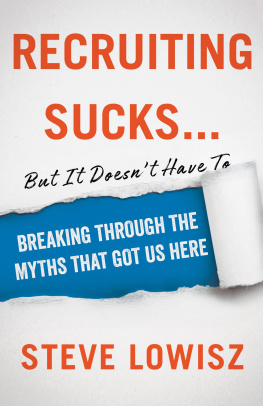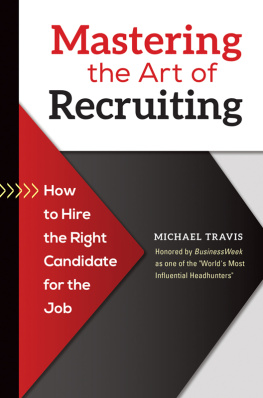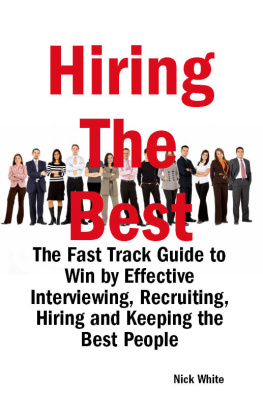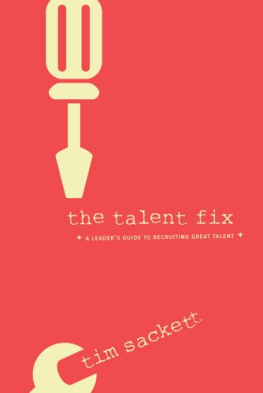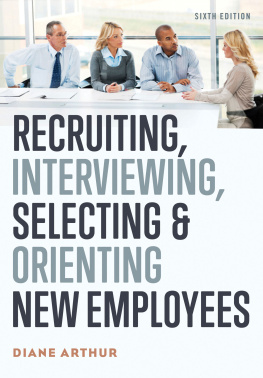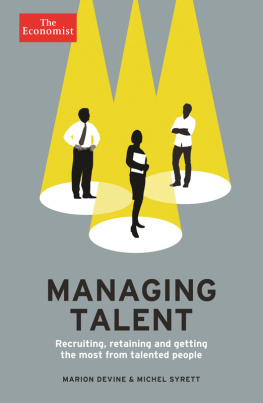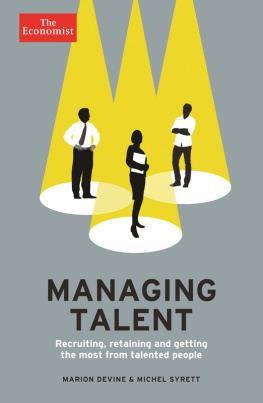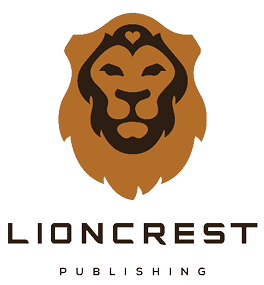All rights reserved.
Dedicated to Cherylfor encouraging me to share my experiences with others, so they learn from my mistakes and avoid their own.
Introduction
RECRUITING SUCKS
People are our most important asset. We hear it all the timebecause its true. Most savvy business leaders understand the tremendous value of having the right people on a team. Everyone knows (or at least pretends they know) that people power, human capital, the right people on the bus, etc., is the name of the game.
But the way in which we go about recruiting those people is all f****d up.
If that sounds harsh to you, consider the history of the modern recruiting industry, which emerged after World War II. It has been essentially the same for the past seventy - five years, from the way we interview candidates to the way we do our job descriptions.
Yes, the technology has changed, dramatically so. But the underlying process has notand, as I argue in this book, it is a broken process.
Weve used technology to speed up recruiting. But when you apply technology to an already broken process, are you really improving anything?
No. In fact, you are just speeding up failure, which is part of why recruiting sucksbut it doesnt have to.
Other industries have changed with the times. Yet recruiters are still using the same process we did in the 1940s. Worst of all, we know its not working. But we keep doing the same thing and expecting a different result.
How do we know its not working? Just look at the high employee turnover rate that so many companies are facing.
Weve all heard the alarming stats about the cost of a mis - hire . According to Dr. Bradford Smart, author of Topgrading , a bad hire ends up costing a company somewhere between five and twenty - seven times the individuals salary.
Again, we all know this, whether were an internal recruiter, a third - party agency, or in HR. We know the cost of turnover, the cost of recruiting a new candidate, the cost of an open position, and the potential cost of losing a client. We also know the devastating impact of a mis - hire on morale and performance of other employees.
We know all these consequences, and we understand that people are the most important assetbut we dont view recruiting through this lens.
Instead, we mistakenly view recruiting as a transaction.
How We Got Here
In every industry and every role, there must be clear objectives. No one is arguing against that. But when it becomes all about the numbers, about the transaction, it gets in the way of whats most important. We cant forget that in recruiting, the most important thing is relationships .
Or, rather, it should be.
Unfortunately, all too often in the world of recruiting, we dont take the time or do the work to get to know the whole candidate, the full human being. We focus on the process, not the relationship. And then we wonder why we struggle.
If youre like most recruiters I speak to, you experience a good deal of frustration in your daily life. You feel like no matter how hard you try, you cant find enough candidates. Maybe you even take that frustration home with you.
Im here to tell you: it doesnt have to be like this. There is a different way that will lead to different results and help you break free from this cycle.
But it means setting aside your old, ingrained habits. It means prioritizing relationships rather than process. Yes, process is important. But if process gets in the way of progress, then its the wrong process .
This is where we recruiters have gotten it wrong time and again. We fail to look at the root cause of our issues: how we go about recruiting people.
Instead, we attach more and more Band - Aids to the problem. We get the wrong person for a job and then we reverse engineer the job description to fit the person. Or we tinker with the compensation, hoping to get a higher quality candidate.
But we never actually go back to the root and look at the fundamental question of how we should be finding and assessing candidates.
Consider the Possibility
What if, instead of being frustratedinstead of thinking that the problems youre facing in your industry are everyone elses faultyou began to see yourself as the person who could make the difference?
No doubt, the recruiting industry has several inherent structural problems, some of which are unlikely to change anytime soon. For one thing, its still motivated by placements at any cost, especially in third - party agencies that work primarily off commission.
To make matters worse, as I touched on earlier, many recruiters know little to nothing about their candidates.
It wasnt until I experienced the recruiting industry as a customer that I realized just how bad it was. On the bright side, it was that very experience that set in motion my journey and led me to find my own solutionsand to share them now, twenty - four years later, in this book.
It all began when I was working as general sales manager of an office equipment dealership in metropolitan Detroit. I was tasked with recruiting new sales and service professionals in an effort to grow the business.
After calling up some recruiting firms and telling them what I was looking for, the basic skillset requirements, etc., they started sending me people. Boy, were these candidates terrible! It was like the recruiters hadnt even listened to me. They were just throwing stuff at the wall and seeing what stuck.
Eventually, I hired a couple of folks, but they didnt last long. Looking back, I realized I made the common mistake of hiring the best of the worst.
Thankfully, I soon connected with a better firm out of Chicago, who seemed to actually listen to what I told them. They gave me a list of people whom they thought seemed right, but amazingly, encouraged me to do the recruiting part myself. They could see I knew what I was looking for and believed I had the right instincts to handle the task on my own.
So I picked up the phone and started to form relationships with the talent I wanted to bring to the company. I took them to lunch and out for drinks. In the end, I successfully recruited several great people myself, based on my outreach and the strength of our relationships.
Wow , I thought to myself. Im better at this than most recruiters!
Looking back now, I see that this period of my life and career was foundational. My experiences as a recruiter and as a client of recruiters gave me a unique perspective and a rare vantage point in the industry.
Through those early years, through trial and error, I essentially created my own recruiting machinebut based off the relationship, not the transaction.
Nowadays, Im known as an industry veteran and disruptor. But my insights are based on more than theory; Ive lived and gone through it all myself. Moreover, I practice what I preachI see how well this new recruiting process works on a daily basis.
If I had come to the industry from a more traditional path, Im not sure I would have been able to see it through the fresh eyes that I did.
In a way, my youth and naivete allowed me to identify the myths that held the industry hostageand still do.
The Myths of Recruiting
Its a common saying in business: cost, speed, qualitypick two. In other words, you cant have it all. Its an old - school way of thinking, but theres some validity to it. Recruiters, for example, have certainly sacrificed quality for speed.

